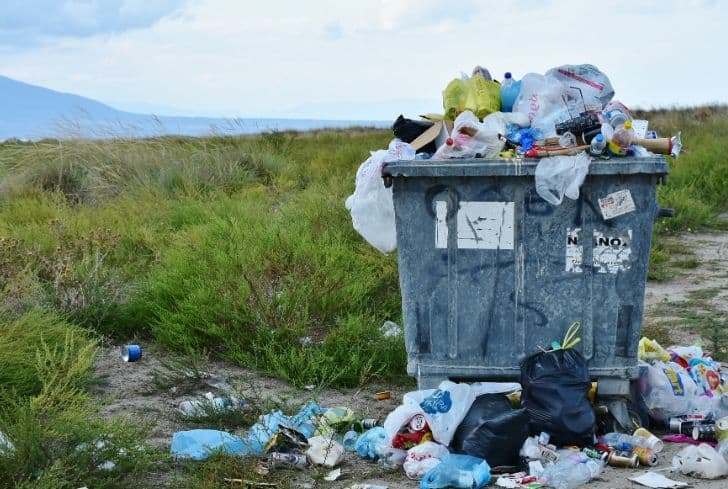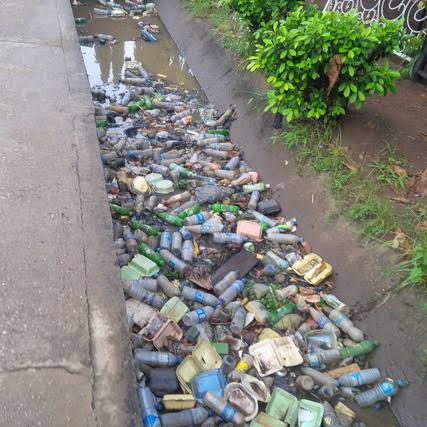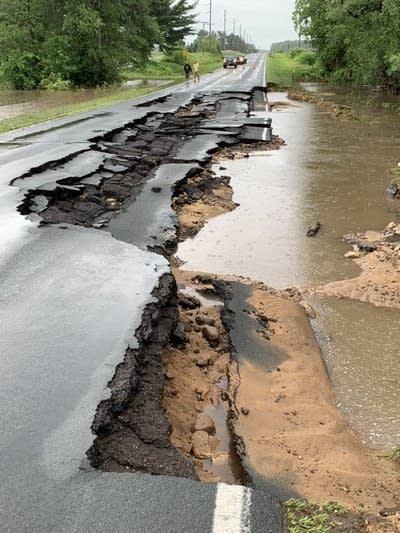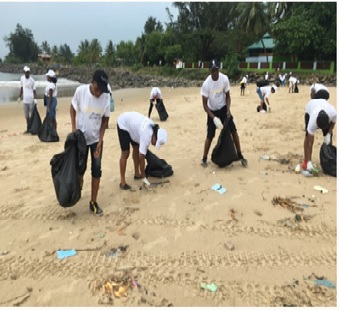When it comes to season preference in Nigeria, it’s always a case of different strokes, different folks. While some may favour the wet, rainy season, others prefer the dry season; one, for the ease of movement as well as the pleasure it affords us at the beach-side, secondly for the memorable punctuation of dusty, dry winds which comes with the stint of harmattan. It’s been a tough dry season so far. Ever since the rains left us late 2020, most people have been hoping for a heavy downpour that will herald the arrival of their darling wet season. The heat has been almost unbearable, especially for people who have to work under the scorching sun on a daily basis. Even those who love the dry season secretly pray for a droplet, at least for a change.
The good thing is that the rain season is fast approaching with all its wonders— the darkening of clouds, the cool, soothing breeze, the race for cover when it pours and the pitty-patter of raindrops on our roofs. It is always a beautiful time of the year. But as we pray for rain, we should also prepare for it, emotionally and by our actions. The rain will surely come as expected. We’ve already had a few days of light showers but, we should be aware that a full blown rain season is not void of its challenges.
Through the course of the dry season, we have carried out activities that are rather harmful to us and the environment. Sometimes we consume carbonated drinks and dump the empty plastic bottles where is most convenient for us. We carelessly dispose of plastic bags, old clothes and other items such as batteries, wet wipes, containers of used household items in overflowing trash cans and worst case scenario; we dump them at road sides. While it may have been convenient for us, it will pose a very serious problem in the long run as most of these items are non-biodegradable.

Most urban areas in Africa operate the Open Sewer system and at the peak of the rainy season, heavy downpour is expected at least once a day. This means that most of the items that had not been properly disposed of will be washed into the open sewer, causing severe social and health complications.

The plastic bottles, bags and other items will cause clogging in the sewer system, making it hard for the large body of water to pass through. This will by extension cause flooding which is quite harmful to humans and properties. Apart from this, it can also destroy roads. The excess moisture from flooding will reduce the strength of the materials used in making the roads, leading to swells and cracks. Houses close to drainage systems also stand the risk of being destroyed, creating not only economic but social problems. Clogging will also cause dirty body of water to settle in the open sewer, creating a breeding place for mosquitoes, exposing us to a greater chance of contracting malaria and yellow fever. For areas that practice open defecation, dirty rain water may contain faecal matter which throws us open to diseases such as cholera, typhoid, diarrhoea and other viral infections. For those who use rain water for domestic activities, just one of the old dry cell batteries carelessly disposed is capable of contaminating about 400 litres of water.
These open drainage systems open up into the ocean and what this mean is that marine life is not spared the mayhem. Every harmful item that was not properly disposed of will definitely find its way into the ocean, compounding an already existing problem. A plastic dropped in the sea could take hundreds of years before it disintegrates and scientists suggests that about 8 to 12 million tons of plastic are dumped into the ocean every year. Not only does this litter affect marine life, but it also washes onto beaches, gets caught in fishing nets, damages boat motors, is an eyesore and smells really bad. Plastic bags and wrap can asphyxiate marine animals and fishes. Sea birds can easily entangle themselves with plastic bags and strings. Animals also get sick and die from swallowing thrash such as cigarettes, silicon packets and metal scraps. Broken glasses can cut the flesh of birds and other animals. The statistics are not in our favour but against us. We have a whole lot of work to do in order to curb environmental pollution. If everyone can take responsibility by limiting their use of plastic based products, we will stand a chance of having a healthier environment and we will also be able to enjoy the soothing breeze and heavy downpour that comes with the rainy season without fear of destruction.

We can also help by clearing out non-biodegradable wastes from the open drainage, give out used clothes to those who need them or properly dispose of it through incineration and also spread the word about the hazards that accompanies bad waste management. Let’s prepare ourselves so we can savour the rains in peace and also save the animals in our planet. Rain is a gift from nature, not a curse.

